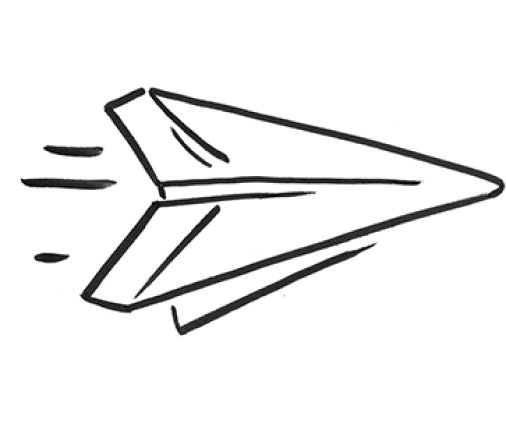
accessible to everyone

Below we outline what the Foundation has been up to over the last year and highlight areas in which we plan to work in the future.
A prime objective of the Foundation is the promotion of awareness of the idea and value of open knowledge. To this end one of the major efforts of the year has been the development of a simple yet reasonably in-depth introduction to the issues in the form of an 'open knowledge trail'. Produced primarily under the direction of Peter Lockley these pages form an excellent start to an ongoing project to provide a beginnner's guide to these vitally important issues.
This work on informational resources was complemented by outreach work in the organization and giving of public talks. These included events at Imperial College, London and at Tonbridge School in Kent as well as extensive preparation for the coming year.
February 2005 marked the launched of the Open Knowledge Forums with an event centred on civic information. Fortunate in having an excellent line-up of speakers, including Tom Steinberg of MySociety, Stefan Magdalinski of theyworkforyou.com and Cory Doctorow of the EFF, the evening was very well-attended.
The next forum which took place in early April was on the topic of open geodata. Organized by Jo Walsh we were again privileged to have several notable speakers including Roger Longhorn and Gesche Schmidt as well as the attendance of senior members of the Ordnance Survey.
The last year has witnessed significant activity both in and around WIPO (World Intellectual Property Organization). The launch the Development Agenda at the WIPO General Assembly in September 2004 and its continuing discussion within the body represents one of the best opportunities for reform in recent years. More civil-society organizations than ever before have attended WIPO meetings marking a decisive break with a past dominated by the large rights-holder groups.
OKF has been actively involved in many of these events. In September 2004 Rufus Pollock and Liam Kavanagh travelled to Geneva to participate in The Future of WIPO Conference. The conference, organized by CPTech in association with TACD, brought together academics, policy-makers and civil-society groups from across the world and resulted in the Geneva Declaration to which the OKF were signatories.
Again, in October Rufus Pollock participated in the CPTech organized drafting session for the Medical Access Convention followed in November by attendance in WIPO's SCCRR meeting on the Broadcast Treaty as part of the Civil Society Coalition.
Finally in April Rufus Pollock attended the first interssessional-intergovernmental meeting (IIM) on the Development Agenda, though in this case representing FFII in their role as a permanently accredited NGO.
Another core area of the Foundation's work is the development of self-sustaining communities focused on the development and promotion of open knowledge. The Foundation's major work in this area focuses on the network of projects.
The year has seen a solid start in which the structure and governance of this side of the Foundation's activities have been clarified as well as the development of several projects, most notably that centred on geodata. Nevertheless much remains to be done particularly in the direction of creating clear membership and administrative roles which though planned are not yet implemented.
This year has seen intensive work on the Foundation's flagship KnowledgeForge project. For those unfamiliar with the project an overview is available but in short the aim is create a digital-based open knowledge community that can provide a fully-featured and stable home to projects which develop, support or disseminate open knowledge.
A first step in this work is the development of the KForge system on which the KnowledgeForge site will run and which will also be a valuable open-source tool in its own right. After extensive research looking at existing tools such as GForge proper work on this has just begun with the development work being headed by John Bywater of the Appropriate Software Foundation.
Despite this recent start of dedicated work in keeping with an 'agile' design philosophy we have already achieved a working alpha quality system with which to self-host KForge system development. This site is up and running at http://www.kforge.net/ and already hosts several early adopting open knowledge projects.
At the time of founding the Foundation had not yet organized an Advisory Board and it was not until October 2004 that the subject was first considered. However over the last year the Foundation has been fortunate enough to welcome several distinguished individuals to the Advisory Board including Tim Hubbard of the Sanger Institute, Paula Le Dieu Director of Creative Commons International, Professor Peter Murray-Rust of Cambridge University and John Naughton Professor of the Public Understanding of Science at the Open University.
Much of our work over the next year will be dedicated to extending and deepening our work in existing areas such as:
However there are also important new areas on which work is planned. In particular:
The introduction of the 'Open Knowledge Definition' as well as a process to sustain and publicize it. This will address an essential part of the Foundation's Roadmap.
Development of the community side of the Foundation especially in relation to projects and governance.

Stay on top of what's happening in the #OpenMovement around the world. (We will never spam you!)